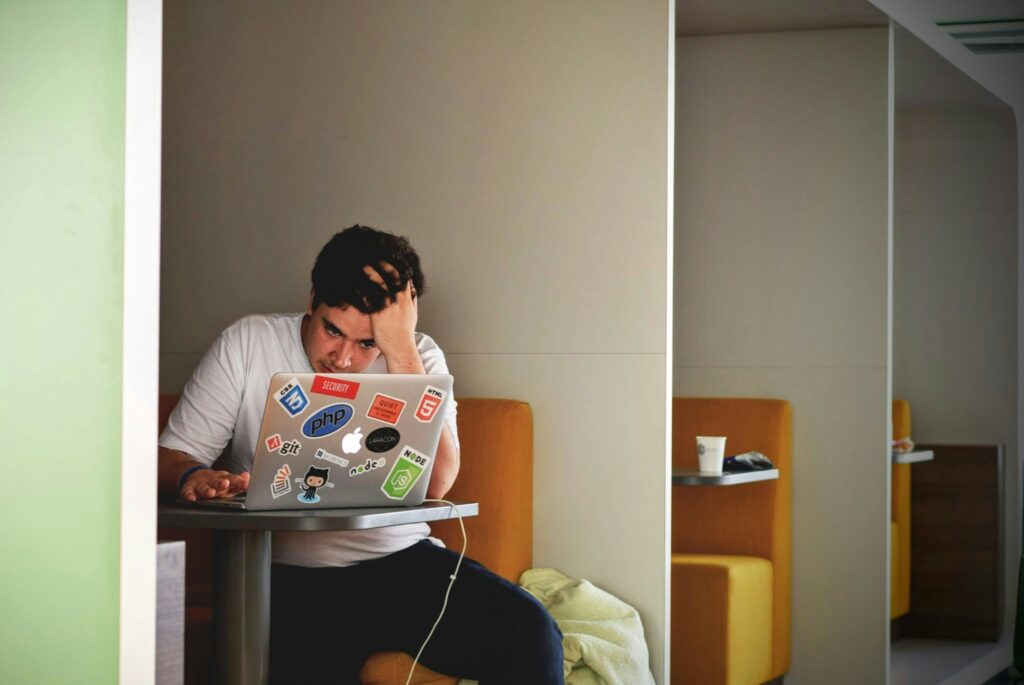Discover effective stress management
Discover effective stress management techniques you can try at home. Learn how to cope with stress, reduce anxiety, and improve mental well-being.
What is Stress and Why Ignoring It Is Harmful
In today’s fast-paced world, stress has become a part of everyday life. A little stress can motivate us, but too much can harm our body and mind. Ignoring stress can lead to burnout, anxiety, depression, and even physical health issues like high blood pressure. The good news is there are many stress management techniques you can practice at home to feel calmer and more balanced.
Physical Signs of Stress
Stress doesn’t just affect your mind; it also impacts your body. Common physical signs include:
- Headaches or migraines
- Muscle tension, neck and back pain
- Sleep problems (insomnia or oversleeping)
- Fatigue or low energy
- Digestive issues

Mental and Emotional Signs of Stress
Stress can influence how you think and feel. Watch out for:
- Constant worry or racing thoughts
- Irritability and mood swings
- Difficulty concentrating
- Feeling overwhelmed or anxious
- Withdrawal from social activities
Recognizing these signs is the first step in learning how to cope with stress effectively.
Practical Techniques to Reduce Stress
There are simple yet powerful ways to reduce stress that you can try at home:
- Breathing Exercises – Deep breathing helps lower heart rate and calms the nervous system. Try “4-7-8 breathing” (inhale for 4 seconds, hold for 7, exhale for 8).
- Mindfulness & Meditation – Even 10 minutes of daily meditation can improve focus and reduce anxiety.
- Progressive Muscle Relaxation – Tense and release different muscle groups to release physical tension.
- Walking or Gentle Exercise – A short walk in nature boosts endorphins and clears your mind.
Lifestyle Adjustments for Long-Term Stress Relief
Along with daily practices, lifestyle changes play a huge role in stress management:
- Sleep – Aim for 7–9 hours of quality sleep.
- Balanced Diet – Reduce caffeine, sugar, and processed foods. Include more fruits, veggies, and whole grains.
- Exercise – Regular movement reduces cortisol (stress hormone).
- Healthy Boundaries – Learn to say “no” when overwhelmed.
- Time Management – Prioritize tasks, delegate where possible, and avoid multitasking.
When Stress Becomes a Bigger Problem
If stress continues despite your efforts, it may signal a deeper issue like chronic anxiety, depression, or burnout. In such cases, professional help can make a huge difference.
The Role of Counselling in Stress Management
Talking to a counselor can help you:
- Understand the root causes of your stress
- Develop personalized coping strategies
- Learn healthier ways to handle challenges
- Improve your overall mental and emotional well-being
Professional support ensures you don’t have to deal with stress alone.
Helpful Tips & Resources
Here are some tools to explore:
- Apps: Headspace, Calm, Insight Timer
- Books: The Stress Solution by Dr. Rangan Chatterjee, Wherever You Go, There You Are by Jon Kabat-Zinn
- Videos: Guided meditation sessions on YouTube
Conclusion
Stress is a part of life, but it doesn’t have to control you. By practicing daily stress management techniques, making healthy lifestyle changes, and seeking counseling when needed, you can lead a calmer, more fulfilling life.
👉 If stress is affecting your personal or professional life, don’t wait. Reach out to Councelia today and start your journey toward balance and peace.
